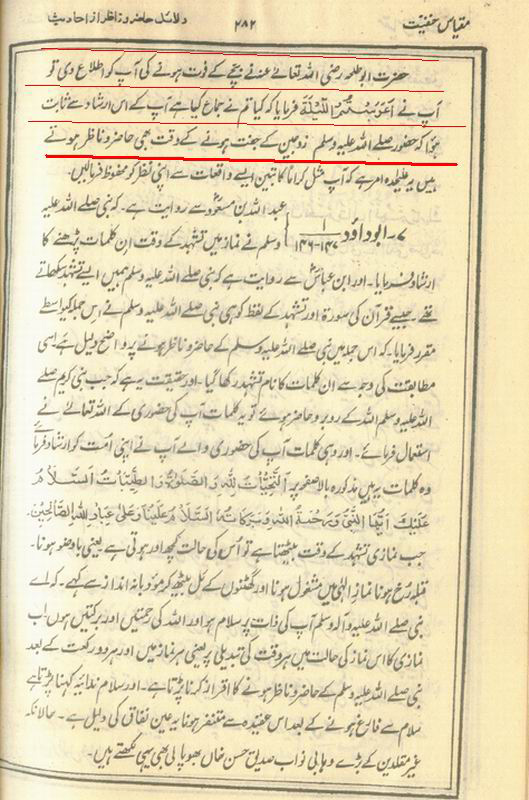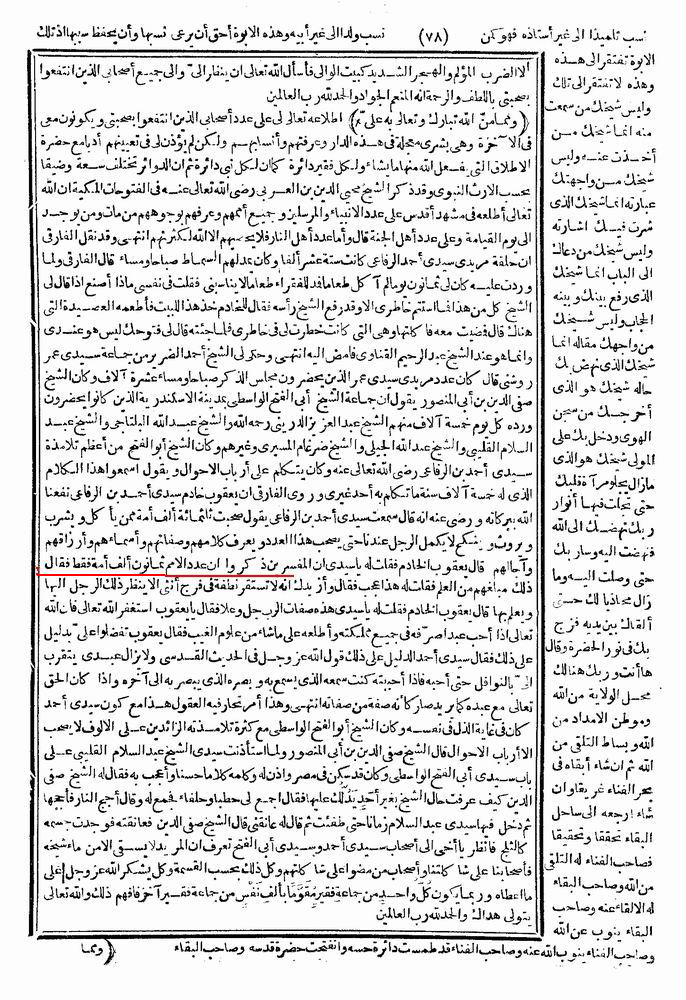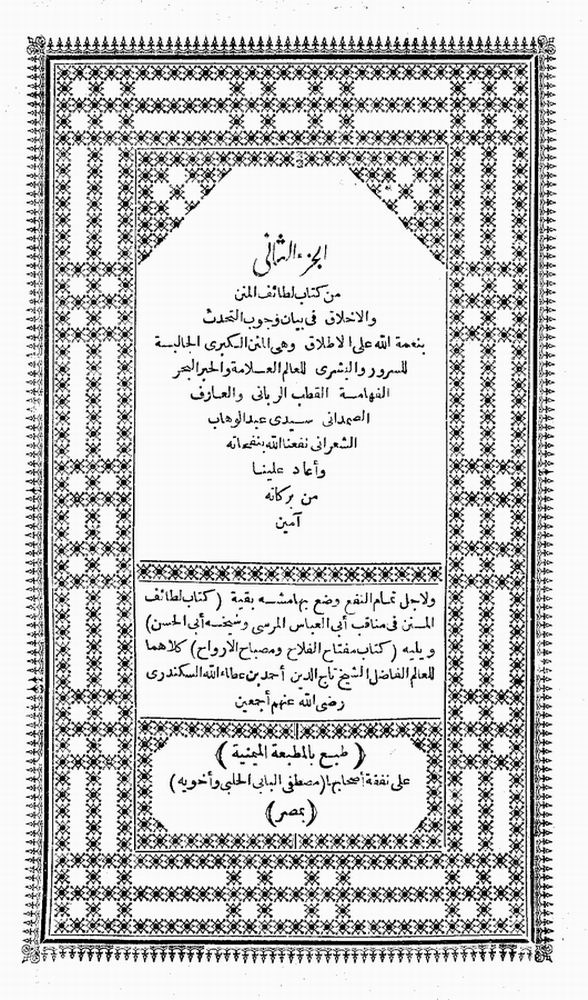A query on Hadhir Nadhir
A deobandi said:
“Miqyas-e-Hanafiyat by Muhammad Umar Ichhravi , that “Rasoolullah SallAllahu alaihi wasallam is even omnipresent when a couple has sex”as a matter of fact Umar Ichravi says further, “this is although a different thing that He ( SAAW ) closes his eyes like angels” , yet another wrong belief.”
End of quote from deobandi.
—
In this short reply we will only examine this deobandi translation along with original quote.
Insha Allah , in future a detailed article on the topic of Hadhir and Nadhir shall be posted.
—–
After mentioning a hadith from Sahih Muslim [Kitab al adab] Mawlana Icharwi (rh ) writes:
“From these words of prophet ( sal allahu alayhi wa sallam) it is clear that prophet ( sal allahu alayhi wa sallam) is Hadhir and Nadhir when the couples[ husband and wife] are having physical relationship but it is altogether a different aspect that like Kiraman Katibeen , he [ sal allahu alayhi wa sallam] saves his sight from these type of actions.”
[Miqyas e Hanafiyat, p. 282]
“Yeh alhida amr hai ki aap mithl karaman Katibeen aisay waqiyat say apani nazar ko mahfuz farma lein”
Note: Kiraman Katibeen are the two angles who record everything we say and do. Each person has these angels on their shoulders. [See Al-Quran: Surah Qaf, ayah 17-18, 50:17-18].
Imam Hasan al Basari (Rd) said, these angels avoid ( yajtanboon) when a person goes to answer nature’s call and when husband and wife have physical relationship.[Imam Baghawi, Tafsir Ma’alim al- Tanzil, under Verse 17-18 of Surah Qaf]
The deobandi translation says:
“this is although a different thing that He ( SAAW ) closes his eyes like angels”
And he adds
“, yet another wrong belief”.
Readers can see the original Urdu wordings are:
““Yeh alhida amr hai ki aap mithl karaman Katibeen aisay waqiyat say apani nazar ko mahfuz farma lein“
Nowhere does it says that prophet ( sal allahu alayhi wa sallam) closes his eyes. There is no word for ‘eyes’ in the original sentence. The Urdu word is “Nazar” which will translate here as ‘sight” and not eye, because one does not need physical eyes to see spiritual things and a blind man can also have sight ( nazar) of many spiritual states. Similarly a man who has physical eyes ( aankh) can be deprived of many spiritual states.
Hence with this translation the deobandi has shown that he lacks comprehension of this topic. Because Hadhir and Nadhir has nothing to do with physical presence or physical seeing with eyes of the body.( of sal allahu alayhi wa sallam).
It is this lack of comprehension mixed with the disrespect for prophet ( sal allahu alayhi wa sallam) which made this deobandi to make that comment.
The deobandi has failed to understand a simple thing that when we, the people of ahlus sunnah wal jamah, use the term “ Hadhir and Nadhir’ for the prophet [ sal allahu alayhi wa sallam] we do not mean his physical [badni] or bodily [bashari] presence everywhere, rather our standing is that he [ sal allahu alayhi wa sallam] is Hadhir from the nooraniyat and haqeeqat on the reality of things [haqaiq e ashiya].
[ Ahle sunnat bashari aur badani lehaz say hazir honay ka qawl nahi karkay, balki wah nuraniyat aur haqeeqat kay lehaz say haqaiq e ashiya per hazir wa nazir honay ka mawqaf rakhtay hain]
From the physical and bodily aspect, to view such actions is different when compared with doing mushahida of everything from the eyes of the batin. This is supported by a hadith in sunan Tirmidhi which says: “Ittaqu firasat al momineen fa innahu yanzuroo bi nurlillah “which means: “Beware of the( spiritual) sight of a true believer, for he sees with the Noor of AllaH.” Those things which shariah has prevented from seeing is related with this physical eye [of the body], when it comes to the Noor of AllaH, then the Noor of AllaH is not bounded or answerable (muqallaf) to any shariah. To issue the fatwa on this is to slaughter one’s own iman.
Imam Sharani (Rh ) also mentions about this type of firasat being gifted to pious men on these types of actions. He mentions this in his book Lataif al–Minan Wal-Akhlaq, Vol.2, p.78 [Scan attached]
—-
Hence when the writer affirmed the Hadhir and Nadhir for prophet sal allahu alayhi wa sallam , he did this in view of the hadith , which states:
“My life is a great good for you, you will relate about me and it will be related to you, and my death is a great good for you, your actions will be presented to me (in my grave) and if I see goodness I will praise Allah, and if see other than that I will ask forgiveness of him (for you).”
Qadi `Iyad cites it in “al-Shifa” (1:56 of the Amman edition) and Suyuti said in his “Manahil al-safa fi takhrij ahadith al-shifa” (Beirut 1988/1408) p. 31 (#8): “Ibn Abi Usama cites it in his Musnad from the hadith of Bakr ibn `Abd Allah al-Mazni, and al-Bazzar from the hadith of Ibn Mas`ud with a sound (sahih) chain.”
It is cited in Subki’s Shifa’ al-siqâm fi ziyarat khayr al-anâm
[The Healing of the Sick Concerning the Visit of the Best of Creation],
where he mentions that Bakr ibn Abd Allah al-Mazini reported it, and Ibn al-Jawzi mentions it through Bakr and then again through Anas ibn Malik in the penultimate chapter of the penultimate section of al-Wafa, both huffaz without giving the isnad. However, Ibn al-Jawzi specifies in the introduction of al-Wafa that he only included sound traditions in his bûk. He also mentions the version through Aws ibn Aws: “The actions of human beings are shown to me every Thursday on the night of (i.e. preceding) Friday.” See also FatH al-Bâri 10:415, al-Mundhiri’s Targheeb wa al-Tarheeb 3:343, and Ahmad 4:484.
And even though the author clearly states that prophet ( sal allahu alayhi wa sallam) saves his sight from these type of actions ( ex, husband and wife having physical relationship), still the deobandi has to find some reason to deny the status of prophet ( sal allahu alayhi wa sallam) and for that he resorted to lying and mistranslation.
Success is from AllaH alone.
——
Ba fayd e Syed Saeed Kazmi chishti Sabri Rd
29th Muharram al Haram
5th Jan 2011



